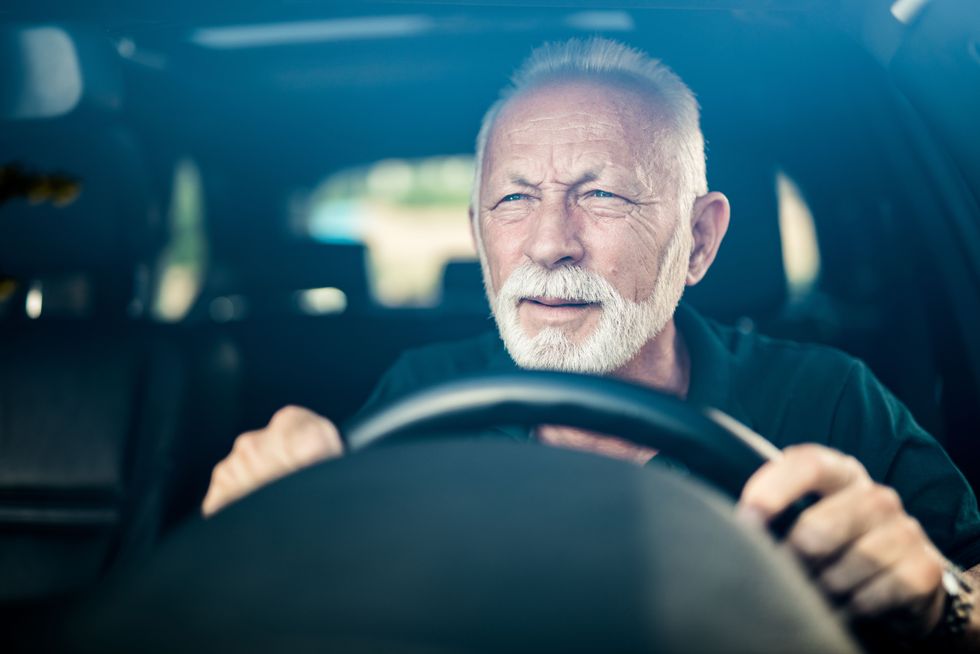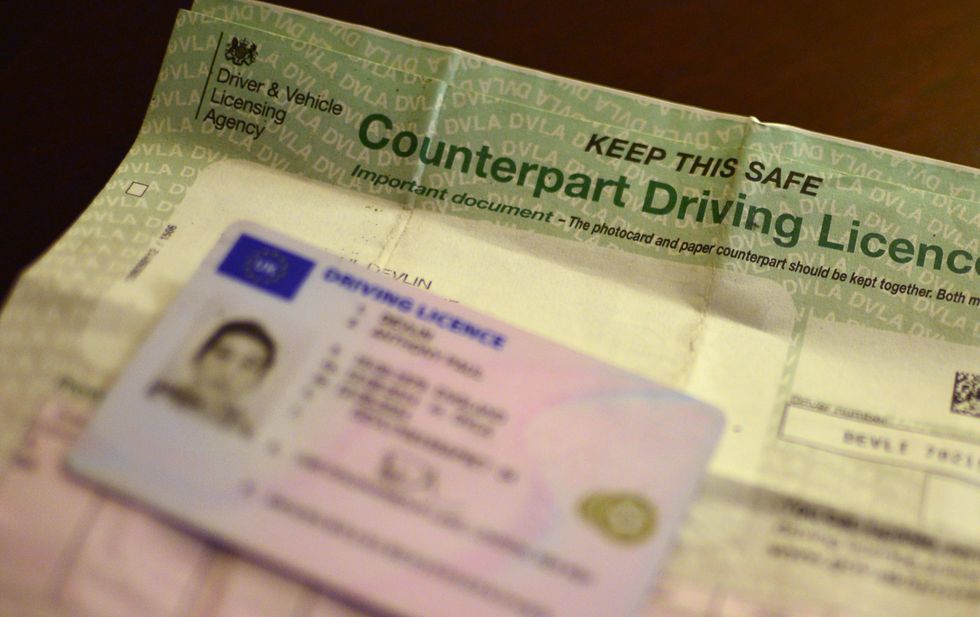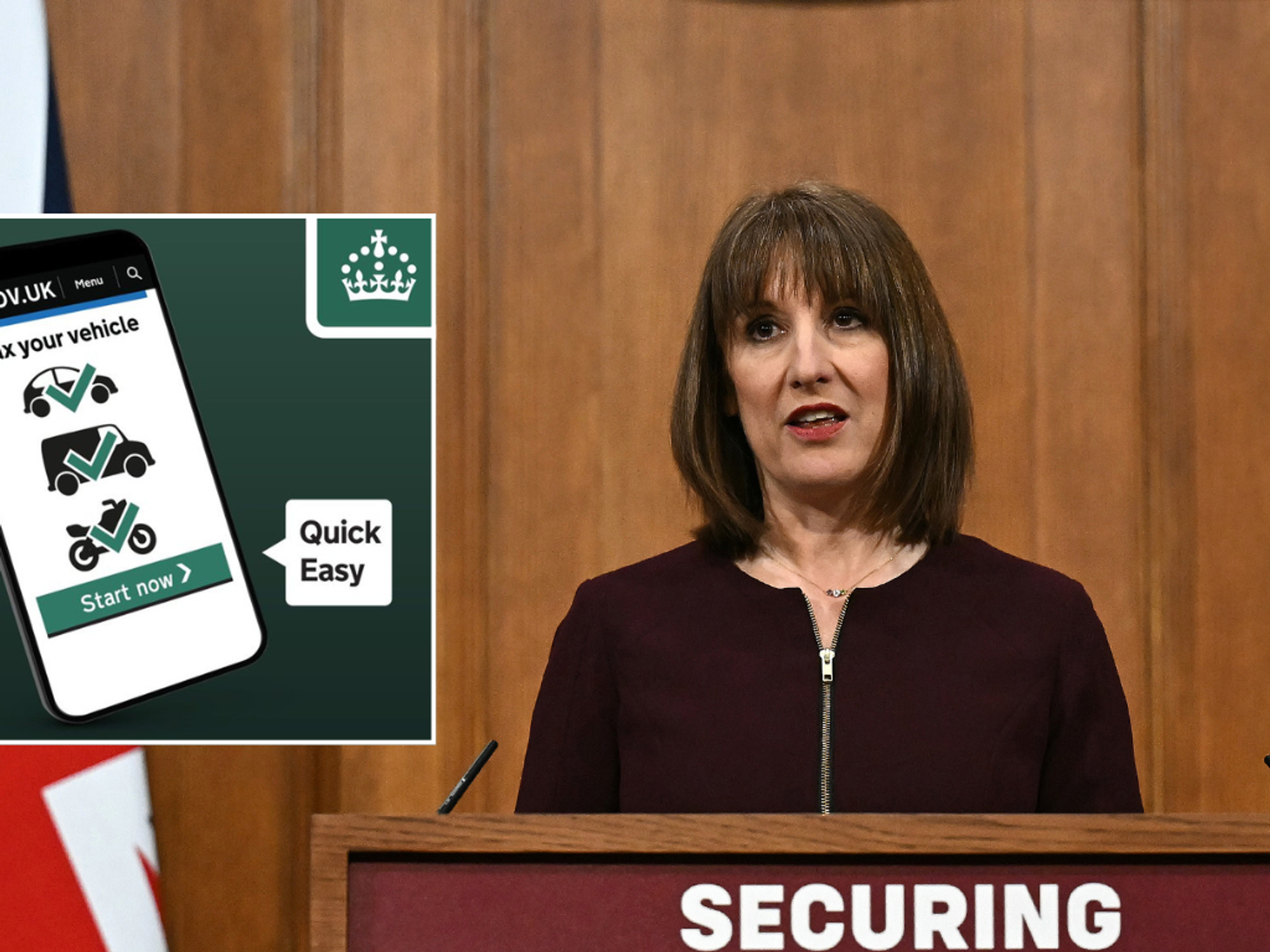'Over-70s must renew their licence every three years and all drivers must meet vision standards for driving'
Don't Miss
Most Read
Trending on GB News
A growing number of elderly drivers are on the roads with experts continuing to consider raising the issue of compulsory eyesight testing to allow them to stay on the roads.
The number of motorists aged 90 or older has doubled to more than 150,000 over the course of the last decade.
A total of 153,000 older drivers hold driving licences, a massive rise compared to the 77,000 licence holders in November 2012.
This comes at a time when there are growing calls for older road users to take action about their driving ability, especially if their eyesight has been affected.

Once a driver hits 70 years old, they must renew their licence every three years
GETTY
The data, from the DVLA, shows how the number of elderly drivers is likely to continue to rise over the coming years as the population grows.
Edmund King, president of the AA, said that people over the age of 70 should take measures to improve their road safety.
He said that elderly motorists should take regular eye tests when renewing their licence and adhere to stricter guidance from their GPs.
The road safety campaigner added: “If driving restrictions based on age and safety were introduced, we would be more likely to restrict young drivers rather than older drivers.”
King continued saying that people should decide to give up driving based on the advice of their families and medical experts, not an “arbitrary age”.
Driving and using a car is a lifeline for millions of drivers across the country, helping them to access key services and stay mobile by seeing friends and family.
This is particularly key for elderly drivers who live in rural areas, as the public transport links may be lacking, or even non-existent.
Edmund King added: “Young, predominantly male drivers are much more likely to crash within six months of passing their test than older drivers within six months of hanging up their keys.
“However, we do believe that one check to improve road safety would be for those over 70 years of age to show evidence of regular eye tests when renewing their licence, and also stricter guidance from GPs,” he told the Telegraph.
Elderly drivers are required to renew their licence every three years, rather than every 10 years for other age groups.
This allows them to notify the DVLA of any changes to their driving ability, including any new medical conditions.
Older drivers involved in serious crashes are more likely to have failed to look properly than younger motorists, according to figures from the Department for Transport.
The oldest licence holder in the UK is believed to be a 109-year-old woman, although it is not confirmed whether she is still driving.
A spokesperson for the Department for Transport said: “The UK’s roads are among the safest in the world, and we will keep licensing standards up to date to make sure everyone can use our roads safely and with peace of mind.
LATEST DEVELOPMENTS:

The oldest driving licence holder is a 109-year-old woman
PA
“Over-70s must renew their licence every three years and all drivers must meet vision standards for driving, while also being legally obliged to notify the DVLA if a medical condition could affect their fitness to drive.”









